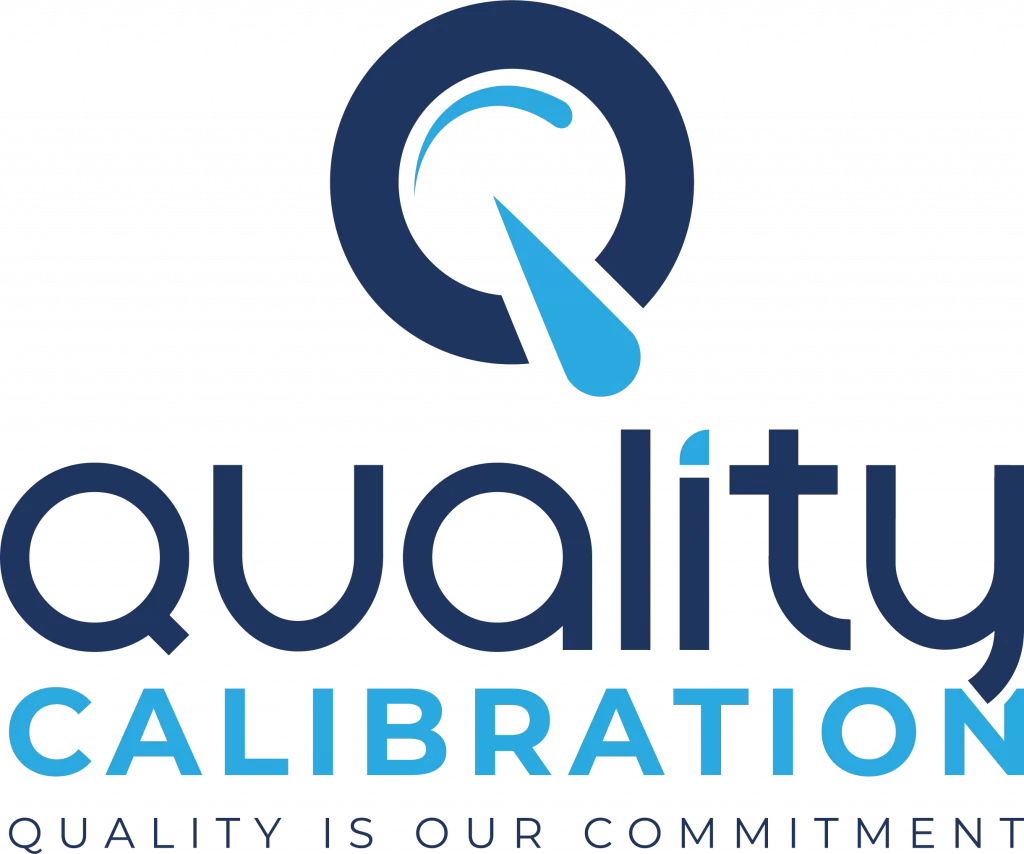An ISO/IEC 17025:2017, ISO/IEC 17020:2012 Accredited, DIFE Approved & ISO 9001:2015 Certified Laboratory | +8801730474822 | tm.qcsbd@gmail.com
Industrial assets—pressure vessels, pipelines, rotating machinery, and structural frameworks—form the backbone of production, energy, and infrastructure projects worldwide. Yet corrosion, fatigue, thermal cycling, and process upsets relentlessly erode their reliability. An undetected crack or thinning wall can spiral into leaks, explosions, or catastrophic shutdowns. Quality Calibration Solutions (QCS) delivers comprehensive Equipment Integrity Services that predict, detect, and mitigate degradation before it endangers people, profit, or the planet.
Why Equipment Integrity Matters?
Every equipment failure is a multifactorial event: material flaws, process excursions, design oversights, operating-regime drift. When integrity management falters, the consequences can be severe—unplanned outages, environmental releases, regulatory fines, and reputational harm. Rigorous integrity programs provide a layered defense:
- Preventive: Material selection, design reviews, and fabrication oversight avert latent defects.
- Detective: Advanced NDT, corrosion monitoring, and online condition assessment expose early damage.
- Predictive: Risk-Based Inspection (RBI) models, fitness-for-service (FFS) analytics, and digital twins forecast future degradation, enabling proactive interventions.
Well-executed integrity programs therefore maximize uptime, extend asset life, and reduce total cost of ownership.

Key Elements of Our Equipment Integrity Services
1. Risk-Based Inspection (RBI) & Asset Criticality Analysis
Using API 580/581 methodologies, we quantify probability-of-failure (PoF) and consequence-of-failure (CoF) for every asset tag. Interactive heat maps rank equipment, optimize inspection intervals, and slash low-value tasks—typically reducing inspection budgets by 30 % while tightening control on high-risk items.
2. Fitness-for-Service (FFS) & Remaining Life Assessments
When defects arise—cracks, pitting, weld misalignment—our API 579 Level 1–3 engineers calculate allowable stress, critical flaw size, and safe operating envelopes. Coupled with fracture-mechanics calculations and creep creep-rupture models, we determine whether to run, repair, derate, or replace.
3. Corrosion & Erosion Management
We deploy ultrasonic thickness mapping, guided-wave UT, corrosion-under-insulation (CUI) radiography, and real-time corrosion probes to quantify metal loss. Chemical fingerprinting and root-cause analysis (e.g., MIC, CO₂, H₂S) inform mitigation strategies—coatings, cathodic protection, or chemistry optimization.
4. Advanced Non-Destructive Examination (NDE)
Phased-array UT, time-of-flight diffraction (TOFD), pulsed eddy current, magnetic flux leakage (MFL) tank floor scanners, infrared thermography, and drone/rope-access visual inspection broaden coverage while minimizing shutdowns. All instruments are ISO/IEC 17025-calibrated, ensuring measurement fidelity.
5. Pressure Relief Device & Piping Integrity Programs
We verify capacity, set pressure, and mechanical condition of PSV/PRVs per API 576, and audit piping systems for wall loss, vibration fatigue, and dead-leg corrosion per API 570. Integrity operating windows (IOWs) are established and linked to plant DCS alarms for continuous monitoring.
6. Structural & Rotating Equipment Integrity
Finite-element analysis (FEA) and modal studies evaluate crane booms, derrick substructures, gearbox housings, and turbine casings for stress concentrations and dynamic loads. Condition monitoring—vibration, oil analysis, thermography—feeds predictive models to pre-empt bearing or shaft failures.
7. Digital Integrity Management Systems
Our cloud-based Asset Integrity Platform (AIP) integrates RBI matrices, inspection findings, CMMS work orders, and IoT sensor data. Dashboards provide leading indicators—corrosion rate trends, lifing forecasts, overdue tasks—enabling real-time decision support from boardroom to field.
Regulatory Compliance & Industry Standards
QCS aligns integrity programs with global codes and recommended practices, including:
API 510 / 570 / 653 for pressure vessels, piping, and storage tanks
ASME BPVC Sections V, VIII, and IX for fabrication and inspection
IEC 61511 / ISA 84 for safety instrumented functions tied to integrity operating windows
DNV-ST-F101 / NORSOK M-501 for subsea and offshore structures
ISO 24817 & ASME PCC-2 for composite repairs
OSHA PSM (29 CFR 1910.119) and Seveso III for high-hazard facilities
Deliverables include traceable inspection records, calibrated NDE reports, and engineer-stamped FFS justifications—ready for regulator or insurer scrutiny.
Preventive Approach & Continuous Improvement
Integrity is not a static milestone but a continuous journey. Our service contracts package annual strategy reviews, evergreening RBI models, and calibration audits. Trend charts and Pareto analyses highlight emerging degradation mechanisms, driving iterative improvements to metallurgy, process conditions, and maintenance tactics.
Customized Integrity Programs
Operating envelopes differ: a LNG train faces cryogenic embrittlement, a refinery FCCU wrestles with high-temperature sulfidation, while a hydroelectric plant combats cavitation. We tailor inspection scopes, NDE techniques, and analytical models to your specific duty, metallurgy, and process chemistry—delivering precision, not boilerplate.
Advanced Analytics & Skilled Engineers
Our multi-disciplinary team comprises API 510/570/653 inspectors, ASNT Level III NDT specialists, corrosion engineers (NACE/AMPP), and certified reliability professionals (CRL, CMRP). Toolset highlights:
- Laser-scanning & LiDAR for rapid 3-D deformation analysis
- Acoustic emission for pressurized-vessel leak detection without shutdown
- Machine-learning models predicting crack propagation based on historical data and process variables
- Digital twins synchronised with SCADA historians for what-if stress simulations
Continuous upskilling and cross-industry exposure ensure we spot latent vulnerabilities others overlook.

Ensuring Long-Term Value & Performance
- Reduced Unplanned Downtime – RBI optimization and predictive analytics cut emergency shutdown frequency by up to 40 %.
- Extended Asset Life – FFS assessments often defer CAPEX by validating safe continued operation beyond design life.
- Safety & Environmental Stewardship – Early leak detection and proactive repairs prevent incidents that endanger personnel and ecosystems.
- Cost Efficiency – Targeted inspections and composite repairs lower maintenance spend while upholding compliance.

Partner with Quality Calibration Solutions
Integrity is the currency of industrial trust. QCS fuses metallurgical science, calibrated measurement, and data-driven foresight into a turnkey Equipment Integrity Service that keeps your plant running safely, profitably, and sustainably. From initial criticality ranking to last bolt torque verification, every procedure mirrors the depth, precision, and documentation rigor that earned us acclaim in tower-crane calibration and QA/QC engagements.
Contact Quality Calibration Solutions today to fortify your mechanical assets, extend operational life, and eliminate integrity surprises. Together, we will transform hidden degradation into quantified risk—and quantified risk into confident, informed action.
